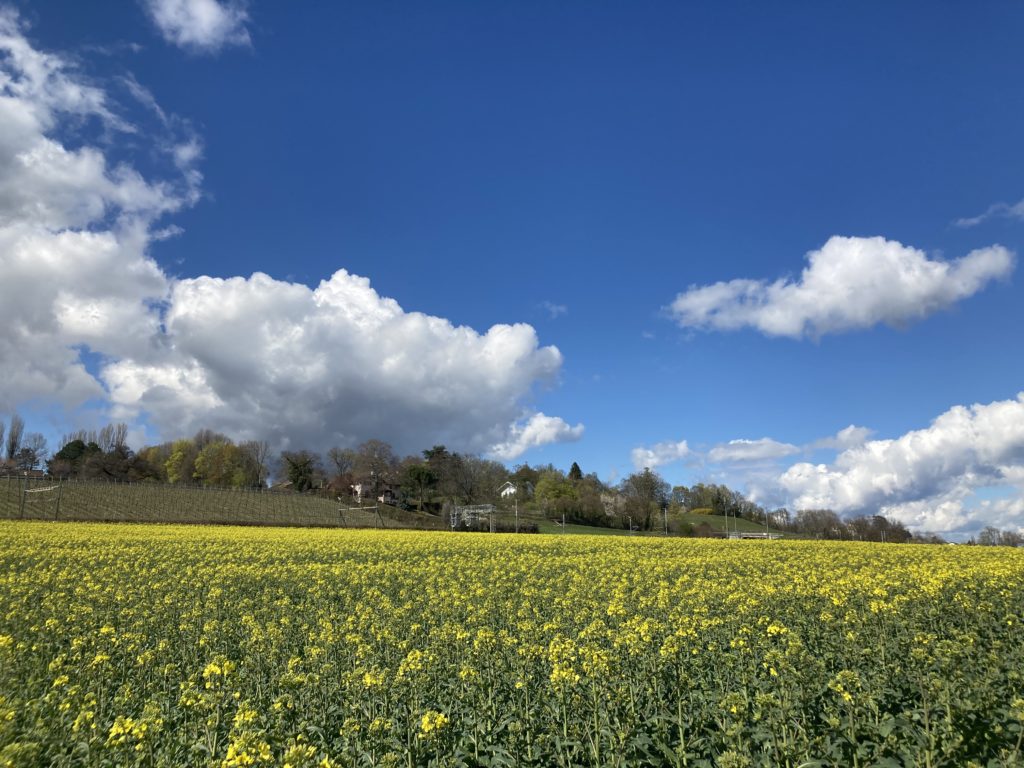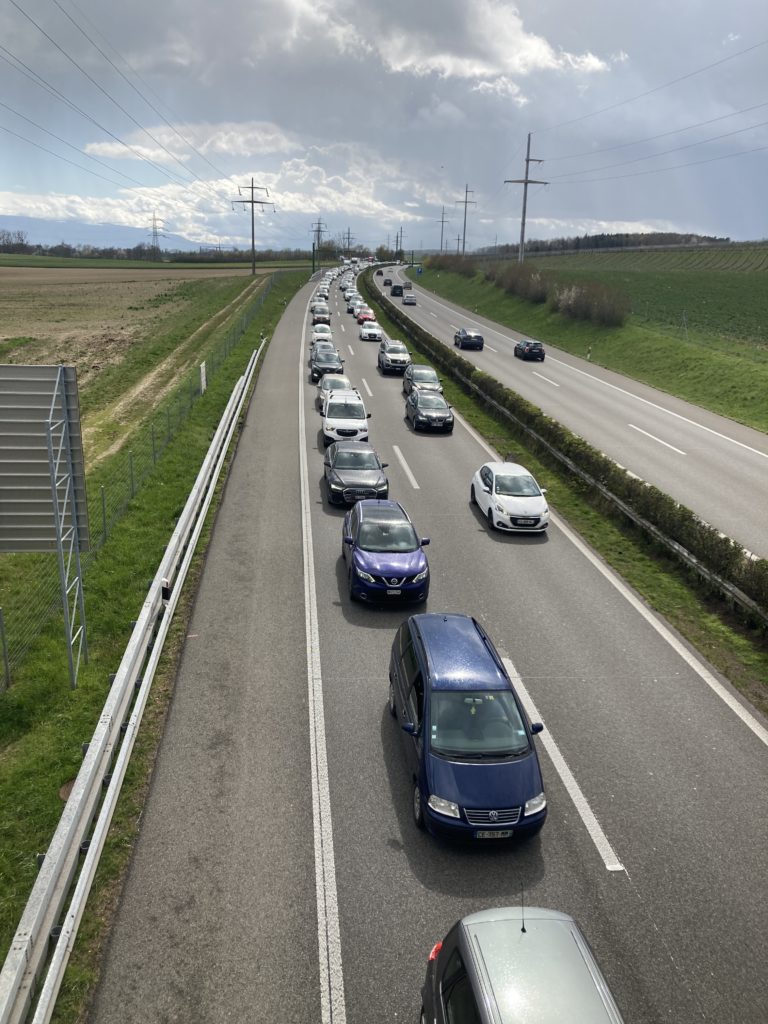Northern Exposure and Blowing Bubbles
Northern Exposure is a series about a doctor who finds himself sent to Alaska to be a doctor for a few years. He thinks that it is the middle of nowhere and he has to adapt from enjoying life as a New Yorker to life as a frontier town doctor.

Although the series is thirty plus years old it still remains relevant today with its exploration of global warming, pollution and more. The characters have existential conversations and in a few episodes we meet the man living in a geodesic dome. He lives in the dome to avoid pollution. He is allergic to aluminium, methane gas and more.
It’s an interesting episode to watch within the context of the pandemic. People, including me, continue to wear masks when we are indoors. People think that we are strange for doing this. The pandemic isn’t over. We hear all the time about how Long COVID lies dormant, whether people are symptomatic for weeks, months of years after primary infection. It makes sense to wear masks, given that a mask takes a second to wear and take off, but long COVID can be for life.

The idea of being allergic to the modern world, to various forms of pollution is an interesting one. We read about forever minerals and plastics in drinking water, more and more often, and about air pollution. We have CO2 monitors to keep an eye on pollution. We have maps of pollution around cities, motorways and more. The topic is still relevant today.
This television isn’t on Netflix or Amazon Prime. It is on Filmin, a film network for experimental films. The content is niche, more diverse and more interesting. as long as you understand Spanish. It has films like Nano of the North, which I find interesting. I know this because when I typed North for Northern Exposure it suggested Nanook of the North, a documentary film I read about regularly when I was studying documentary.
Modern television series should have people wearing masks to socialise. “Lunatics” like me, who still wear masks, should be normalised in modern television series, to show that being cautious should not be worthy of stigmatisation and prejudice. Northern Explored pollutants in the air. Modern series should explore the reasons for still masking despite the gas lighting of politicians, stating that the pandemic is over, despite the death rate telling a different story.

